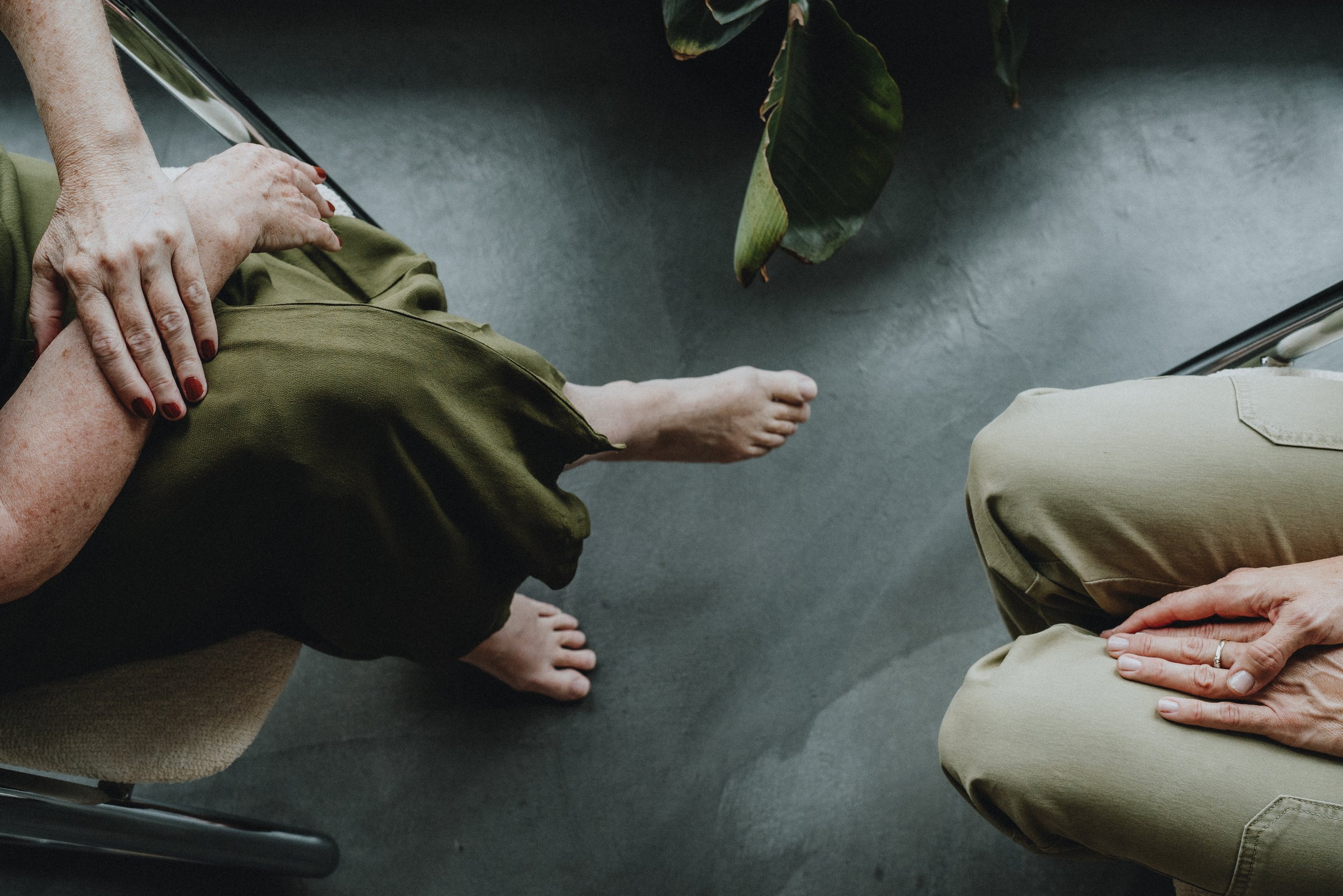Anxiety and Counselling
What is anxiety and how can we root it out in counselling?
In therapy we aim not just to manage or control it, but actually settle into calmer more grounded state where we feel more consistently confident. Essentially anxiety is a symptom, not a feeling. It is an agitated state that one enters when one feels threatened. Usually the threat is either an external threat, or stemming from an internal conflict.
Once you can feel fear instead of anxiety, allowing yourself the full felt experience of fear, without giving in to letting it rule your actions, you will be through the anxious state.
Counselling can be very helpful to people struggling with anxiety because fear needs to be handled carefully. If we are too hasty, fear can overwhelm and result in increased symptoms.
Be clear, be confident and don’t overthink it. The beauty of your story is that it’s going to continue to evolve and your site can evolve with it. Your goal should be to make it feel right for right now. Later will take care of itself. It always does.
Fear and How We Cope With It
Fear is an incredibly uncomfortable state many of us will avoid at all costs. Our vulnerability in the face of the realities of life is a very painful recognition, one that can cause significant physical, emotional and mental agitation. In response, we develop all kinds of strategies, otherwise known as defense mechanisms to avoid or control this basic and ultimately unavoidable experience. Learning what defenses you tend to use, can be invaluable in understanding how you shape your experience.
And yet it is possible to walk so closely with your own fear in counselling that you discover your ability to ride it out, to launch into the unknown with relative confidence, to actually learn to enjoy the ride. As this calm develops, and anxiety begins to lessen, clients will relinquish defense mechanisms as they become both conscious and unnecessary.
How Anxiety Feels
Anxiety manifests in extreme physical sensations that can feel overwhelming. Just as fear can escalate to the fear of fear, and fear of fear of fear, anxiety symptoms may escalate as well to panic attacks, avoidance and phobias.
In fact, many people experience anxiety symptoms such as above as well as many other possible symptoms. Essentially, anxiety is an unmistakable, pressing feeling of nervousness. It is associated with tension, stress and agitation prompting activity. We have all experienced this feeling at one time or another, but sometimes for some people anxiety is repetitive, persistent and to varying degrees, debilitating.
Some Anxiety Symptoms
Feeling apprehensive
Feeling powerless
Sense of impending danger, panic or doom
Increased heart rate
Breathing rapidly
Sweating
Trembling
Feeling weak or tired
Stomach problems—nausea and/or diarrhea
Problems sleeping
Excessive worries
Irrational thinking
Fear and Anxiety are part of life
Life can be frightening. The very fact that we are alive, we have the freedom to make choices and decide how we will respond to our circumstances is in itself daunting. In counselling, clients learn that allowing their vulnerability and moving through whatever fears or discomforts come to the surface is a much more resilient and effective approach than trying to create ‘strength’ by imposing control over themselves and their environment. In this sense, vulnerability is actually the seat of our strength.
By learning to take action toward their deepest wishes and desires, by learning to stay open and embrace life instead of tightening up and shutting down, by allowing inner sensations and emotions to flow through the body, Vancouver clients can learn to live fully and deeply thus effectively addressing this type of existential anxiety.
Eventually a new acceptance comes: time is passing and we are aging, but I am living well.
Anxiety from Internal Conflict
In counselling, my clients tell me they don’t understand where their anxiety comes from. They no longer know why they are anxious or what they are afraid of. Sometimes anxiety arises from some form internal conflict, for example someone who wants to live a more authentic existence connected to real, deeper human values. The urge to let go and live more freely is experienced as a very real threat, inner conflict is created and anxiety results. In counselling people can learn to integrate these apparently opposing concerns. Fear once faced and held can dissipate and one can then consider the real implications as well as the likely benefits of allowing a change.
The process is of learning to be compassionate and inclusive with ourselves rather than judgmental and critical especially in regards to oneself.
Anxiety can have many different causes and manifests in a variety of different forms. Some of the more severe forms are described as anxiety disorders with different disorders having markedly different characteristics. Anxiety and depression are often experienced together.



